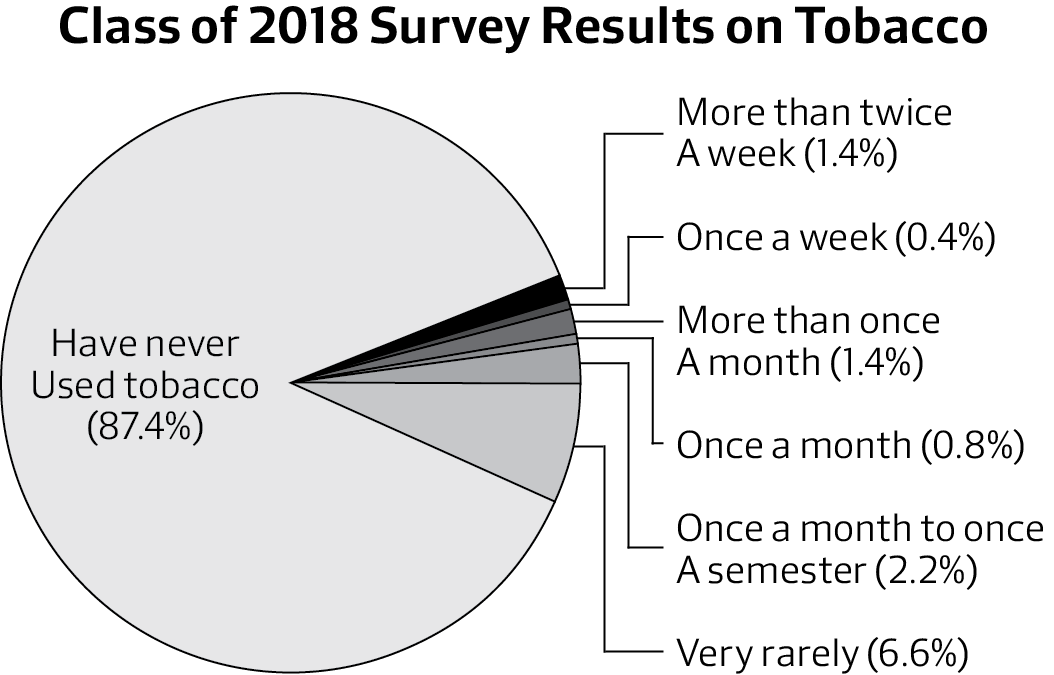
News
Summers Will Not Finish Semester of Teaching as Harvard Investigates Epstein Ties

News
Harvard College Students Report Favoring Divestment from Israel in HUA Survey

News
‘He Should Resign’: Harvard Undergrads Take Hard Line Against Summers Over Epstein Scandal

News
Harvard To Launch New Investigation Into Epstein’s Ties to Summers, Other University Affiliates

News
Harvard Students To Vote on Divestment From Israel in Inaugural HUA Election Survey
Allow Smoking in the Yard
The Yard should not go smoke-free

This August, Harvard Yard became tobacco free. Cigarettes, cigars, smokeless tobacco, and even e-cigarettes are banned—a step up from the existing smoking ban within 25 to 50 feet of any University building. Though well intentioned, the policy will have few additional health benefits while needlessly inconveniencing smokers.
That’s not to imply that tobacco control is unimportant or not needed: Ever since the U.S. Surgeon General released a landmark report conclusively linking smoking to cancer 50 years ago, an aggressive public health campaign to combat tobacco use has saved nearly 8 million lives. A large portion of that success has come from extensive taxation, public awareness campaigns, and indoor smoking bans that limit the destructive effects of secondhand smoke.
The case for intervention is inarguable when the public health benefits are so drastic. Yet the smoking members of the Harvard community do not deserve greater inconvenience when the existing smoking ban already limits most of the damaging effects of smoking—both to passersby and the historic buildings.
Indeed, the College’s exclusion of e-cigarettes tobacco, which does not seem to present the same secondhand smoke risks or problem of discarded butts as traditional cigarettes, indicates that the policy is born out of moral judgment rather than an objective, health-based analysis.
Students are not being inundated with smoke on their treks through the Yard, in part because there are so few students who smoke regularly. A rigid ban would have little marginal impact on the health of the student body compared to strict enforcement of the current regulations of indoor smoking and smoking within 25 feet of any University building, which are reasonable restrictions.
Harvard University Health Services does a commendable job in offering smoking cessation treatment to students, and initiatives like that seem more effective and less intrusive than the Yard’s smoking ban, which was announced over the summer with little warning.

Some infringements on students’ personal liberty serve the greater good, but students who live here ought to be able to exercise their freedoms in their own homes. A Crimson survey found that 13 percent of the Class of 2018 has used tobacco in the past. Tobacco use is an undeniably poor health decision, but the College’s obligation is to the students unintentionally harmed by tobacco smoke and not to regulating the personal lives of smokers.
Want to keep up with breaking news? Subscribe to our email newsletter.
